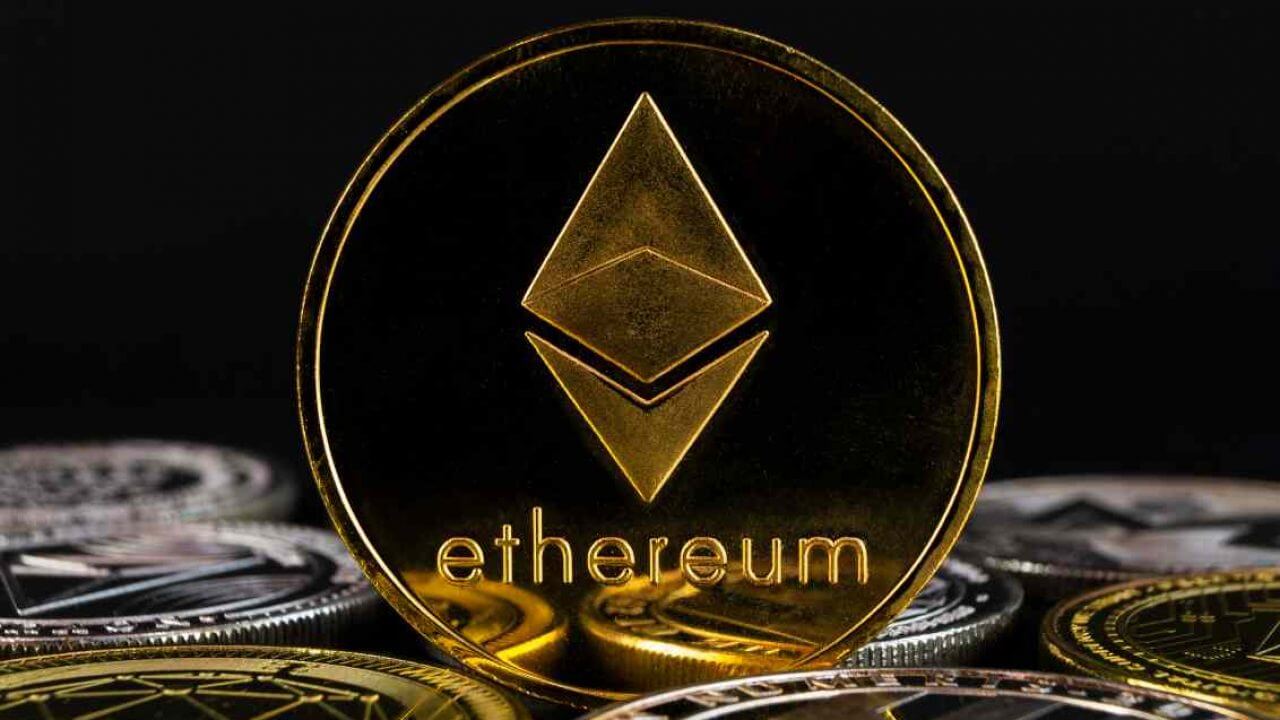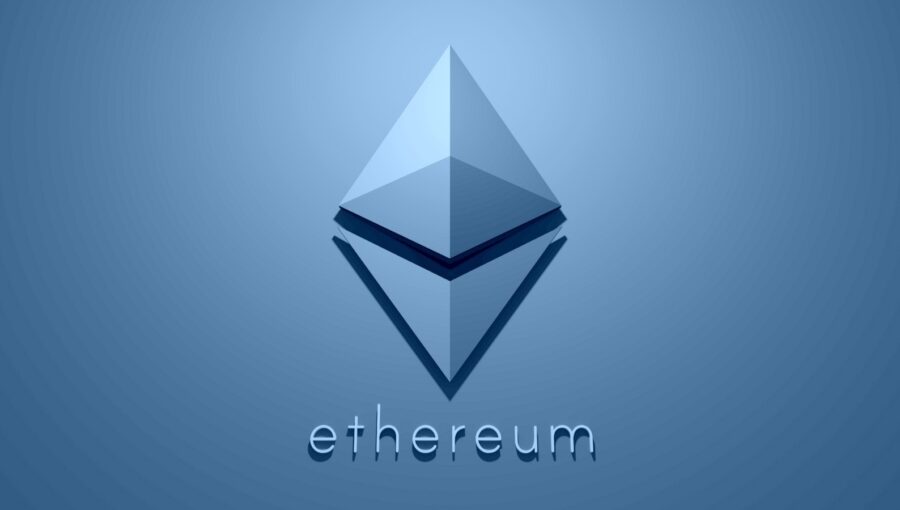|
Getting your Trinity Audio player ready...
|
Ethereum co-founder Vitalik Buterin has stirred discussions within the crypto community following recent reports of his large ETH sell-offs. Buterin, who holds significant influence over the Ethereum ecosystem, sold $190 ETH for $441,971 in USDC stablecoins, raising eyebrows and concerns over potential market impact. This move, coupled with similar actions from the Ethereum Foundation, has sparked debates about Ethereum’s short-term price trajectory.
Why Is Vitalik Buterin Selling His Ethereum?
Buterin’s wallet, vitalik.eth, has been actively liquidating Ether holdings over the past few months. Data suggests that the wallet has received 3,800 ETH (roughly $10 million) from Buterin’s personal funds and has since sold 950 ETH, amounting to $2.28 million. The sales, at an average price of $2,396 per ETH, have left many wondering whether the Ethereum co-founder is anticipating a market downturn.
Adding to the intrigue, Buterin moved 2,851 ETH worth $6.73 million in USDC to Aave, a popular decentralized finance (DeFi) platform. This transaction has raised further speculation about his intentions—whether it’s purely financial or hints at a broader strategy within the Ethereum ecosystem.
Ethereum Foundation Also Selling
Buterin isn’t the only Ethereum-affiliated entity selling off ETH. The Ethereum Foundation, which plays a key role in supporting the network, has also reportedly been offloading its holdings. Coupled with additional sales by Metalpha Group, this has led to growing concerns about a potential dip in Ethereum’s price below the critical $2,000 threshold.
Market analysts and community members have voiced fears that these sell-offs could trigger a bearish trend, leading to further declines in ETH’s price. With Ethereum being a cornerstone of decentralized finance (DeFi) and smart contracts, any significant downward movement could have ripple effects across the broader crypto landscape.
Amid the growing concern, Buterin took to social media to address questions about his ETH sell-offs. When asked directly about his recent liquidations, he downplayed any notion of financial trouble, instead shifting the conversation toward Ethereum’s Layer 2 (L2) solutions.
Buterin stated that starting in 2025, he will only publicly endorse L2 solutions that have reached “stage 1” of development or higher. His goal is to establish stricter standards for Ethereum’s scaling solutions, ensuring that only the most secure and robust projects receive his public support.
He noted that several Zero-Knowledge (ZK) rollup projects are nearing this crucial milestone and expressed optimism that they will achieve it by the end of 2024. ZK rollups are considered one of the most promising solutions to Ethereum’s scalability challenges, allowing for faster and cheaper transactions while maintaining the security of the base layer.
Vitalik Buterin on Governance and Multisigs
Buterin also touched on Ethereum’s governance, particularly the use of multisignature (multisig) wallets in managing funds and network upgrades. He reassured the community that the multisigs he oversees have operated without failure for years, reinforcing his confidence in transitioning from multisig governance to cryptographic trust mechanisms.
He stressed the importance of waiting until proof systems are fully reliable before removing what he called the “training wheels” on L2 solutions. According to Buterin, achieving a 75% council threshold for overriding proof systems is a crucial milestone for Ethereum’s security.
Also Read: Vitalik Buterin’s New Rollup Standard – 60% Of Ethereum Layer-2 Solutions To Hit Stage 1 By Year-End
As Buterin continues to liquidate some of his ETH holdings, his statements about L2 development and Ethereum’s long-term security indicate that his actions are not solely financially motivated. Instead, they may reflect a broader vision for Ethereum’s future—one focused on scalability, security, and decentralization.
However, the community remains divided. While some see Buterin’s moves as a natural part of Ethereum’s evolution, others are concerned about the short-term implications for ETH’s price. With Ethereum playing such a pivotal role in the DeFi space, all eyes will be on the network as it navigates these uncertain times.
Disclaimer: The information in this article is for general purposes only and does not constitute financial advice. The author’s views are personal and may not reflect the views of Chain Affairs. Before making any investment decisions, you should always conduct your own research. Chain Affairs is not responsible for any financial losses.
I’m a crypto enthusiast with a background in finance. I’m fascinated by the potential of crypto to disrupt traditional financial systems. I’m always on the lookout for new and innovative projects in the space. I believe that crypto has the potential to create a more equitable and inclusive financial system.




